The rules for armed police in the UK
What the law says about when police officers can open fire in Britain
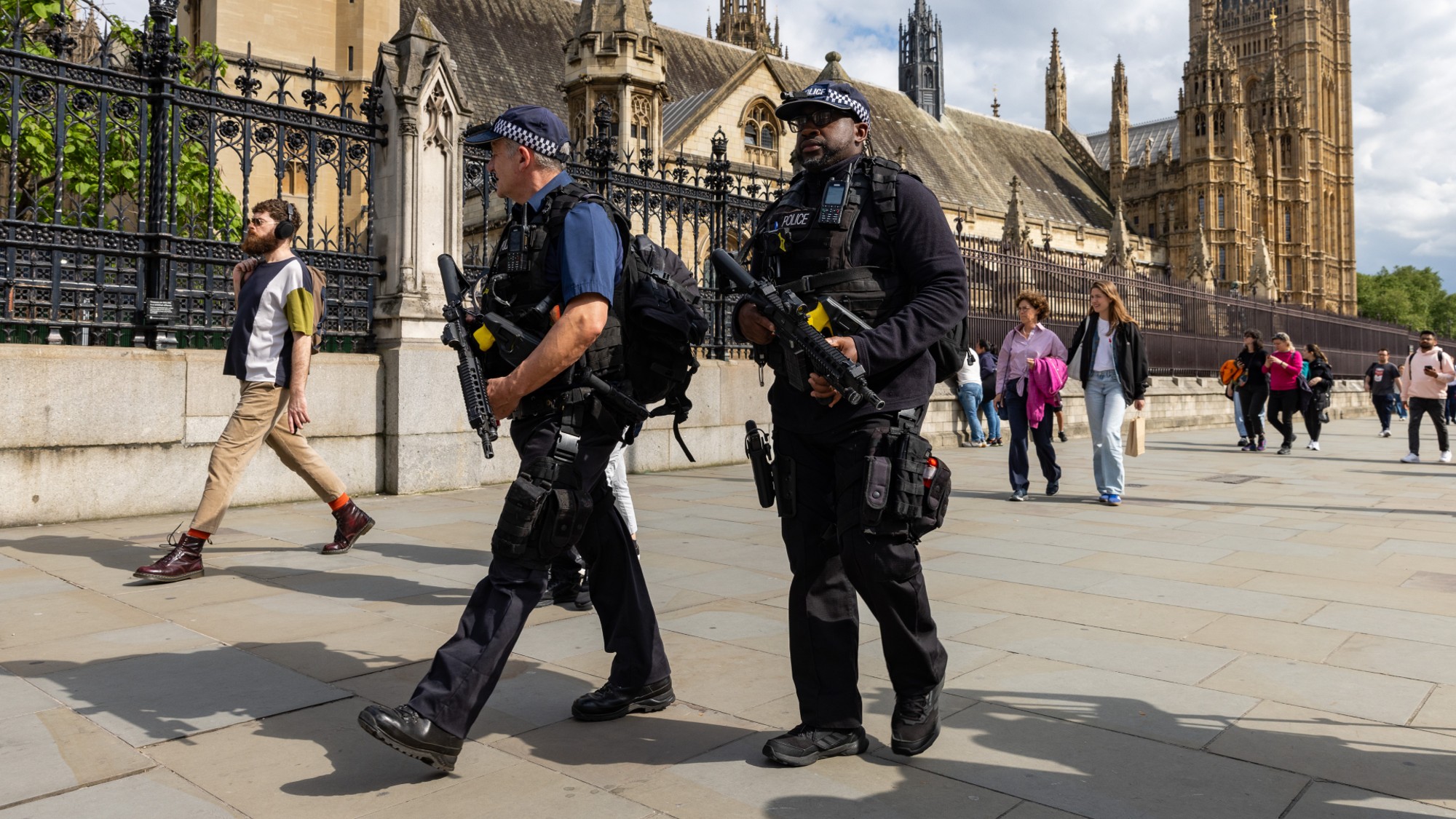
A free daily email with the biggest news stories of the day – and the best features from TheWeek.com
You are now subscribed
Your newsletter sign-up was successful
Keir Starmer has announced a review into how fatal police shootings are investigated after a police officer was cleared of murdering an unarmed man during a police stop in south London two years ago.
Sergeant Martyn Blake, 40, shot Chris Kaba, 24, in the head during a "hard stop" in Streatham Hill in September 2022. Kaba was driving an Audi Q8 "linked to a non-fatal shooting in Brixton the previous night", said The Times. Blake denied intending to kill Kaba, who was not carrying a firearm, and told the trial he believed that one of his colleagues could be killed by Kaba's car as he tried to flee.
Reacting to the verdict, Metropolitan Police Commissioner Sir Mark Rowley said no police officer was above the law but expressed concern over "the lack of support officers face for doing their best".
The Week
Escape your echo chamber. Get the facts behind the news, plus analysis from multiple perspectives.

Sign up for The Week's Free Newsletters
From our morning news briefing to a weekly Good News Newsletter, get the best of The Week delivered directly to your inbox.
From our morning news briefing to a weekly Good News Newsletter, get the best of The Week delivered directly to your inbox.
How many UK police officers carry firearms?
In Britain, firearms are issued only to specially trained personnel within the police, known as Authorised Firearms Officers (AFOs). The rules are different in Northern Ireland, where all police officers are authorised to carry firearms.
In England and Wales, only about 4% of police are armed, amounting to 6,473 officers as of 31 March 2024.
According to the Metropolitan Police, an authorised firearms officer's duties typically include: responding to high-risk incidents and assisting in proactive policing operations where firearms support may be required, as well as providing "public reassurance" at events.
How common are police shootings in the UK?
Fatal police shootings are rare. In 2022/23, three people were fatally shot by police in England and Wales. Since 1990, police in England and Wales have shot and killed 83 people, according to Inquest, an independent organisation that monitors and records fatal police shootings.
A free daily email with the biggest news stories of the day – and the best features from TheWeek.com
When are police allowed to open fire?
Under the Police and Criminal Evidence Act 1984, officers have the right to use "reasonable force" when necessary. More generally, police officers share the right to self-defence or the protection of others upheld by common law and Article 2 of the European Convention of Human Rights.
More specifically, the Police Conduct Regulations 2020 for England and Wales state that officers should only discharge firearms to "prevent a real and immediate threat to life". The guidance is to aim for a target's torso, when possible, but if it is "imperative the subject is immediately incapacitated", officers are allowed to aim for the person's head. In all circumstances, officers must not use excessive violence and must ensure medical aid is provided as soon as possible.
Police shootings are investigated by the Independent Office for Police Conduct, an independent watchdog. But officers can also face prosecution in the courtroom.
How are police shootings handled in court?
Under English law, police "theoretically have no greater protections than the ordinary subject when using force," said The Guardian; it must be proportionate, reasonable, and based on an honestly held belief of necessity. But the "received wisdom" is that juries are often "reluctant to convict cops 'standing up' for themselves".
No police officer in England and Wales has ever been convicted of murder after a shooting, although there have been a small number of criminal prosecutions.
Police officers can also be prosecuted under civil law. However, many officers want the burden of proof to be the criminal test: what the officer honestly believed as chose to act, rather than the lower burden of proof used in civil court, said BBC legal correspondent Dominic Casciani. Police chiefs argue that using the criminal burden of proof only would "end confusion".
-
 Political cartoons for February 15
Political cartoons for February 15Cartoons Sunday's political cartoons include political ventriloquism, Europe in the middle, and more
-
 The broken water companies failing England and Wales
The broken water companies failing England and WalesExplainer With rising bills, deteriorating river health and a lack of investment, regulators face an uphill battle to stabilise the industry
-
 A thrilling foodie city in northern Japan
A thrilling foodie city in northern JapanThe Week Recommends The food scene here is ‘unspoilt’ and ‘fun’
-
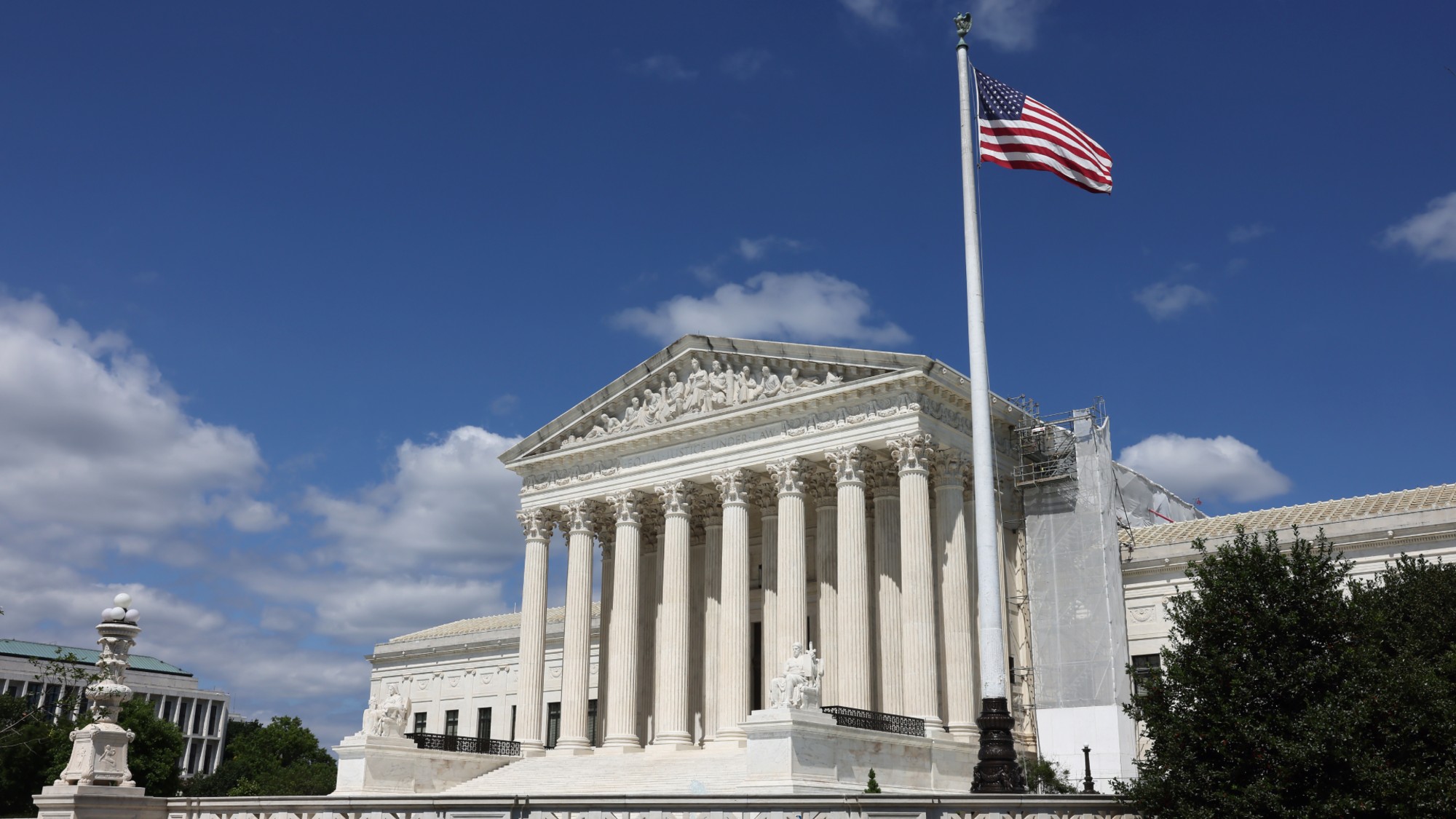 How far does religious freedom go in prison? The Supreme Court will decide.
How far does religious freedom go in prison? The Supreme Court will decide.The Explainer The plaintiff was allegedly forced to cut his hair, which he kept long for religious reasons
-
 The Supreme Court case that could forge a new path to sue the FBI
The Supreme Court case that could forge a new path to sue the FBIThe Explainer The case arose after the FBI admitted to raiding the wrong house in 2017
-
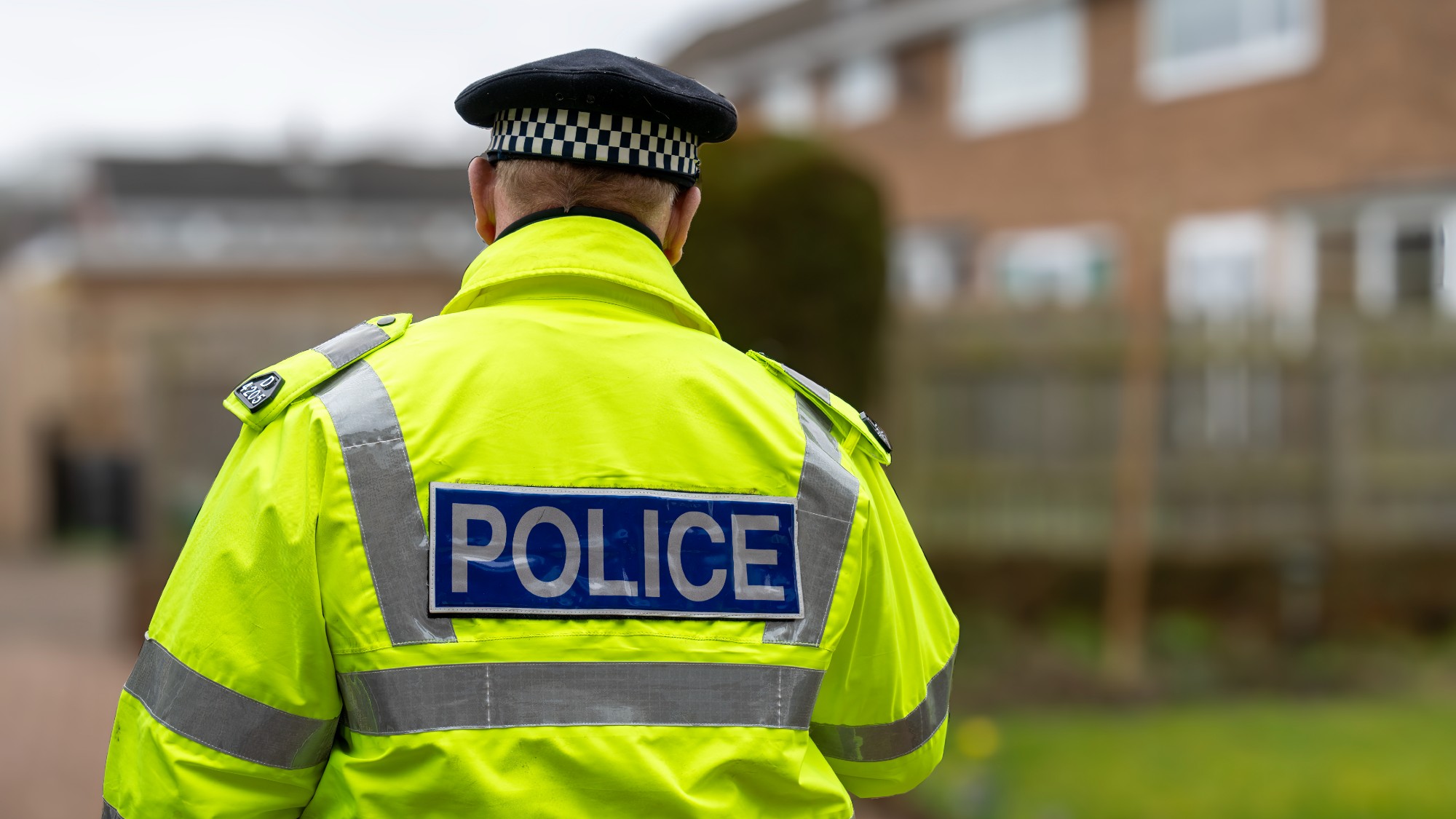 School disputes: a police matter?
School disputes: a police matter?Talking Point Cowley Hill lodged a police complaint against parents who criticised its recruiting process for a new head
-
 The UK 'spy cops' scandal, explained
The UK 'spy cops' scandal, explainedThe Explainer Undercover police targeting activist groups conducted intrusive surveillance, with some even embarking on relationships under assumed identities
-
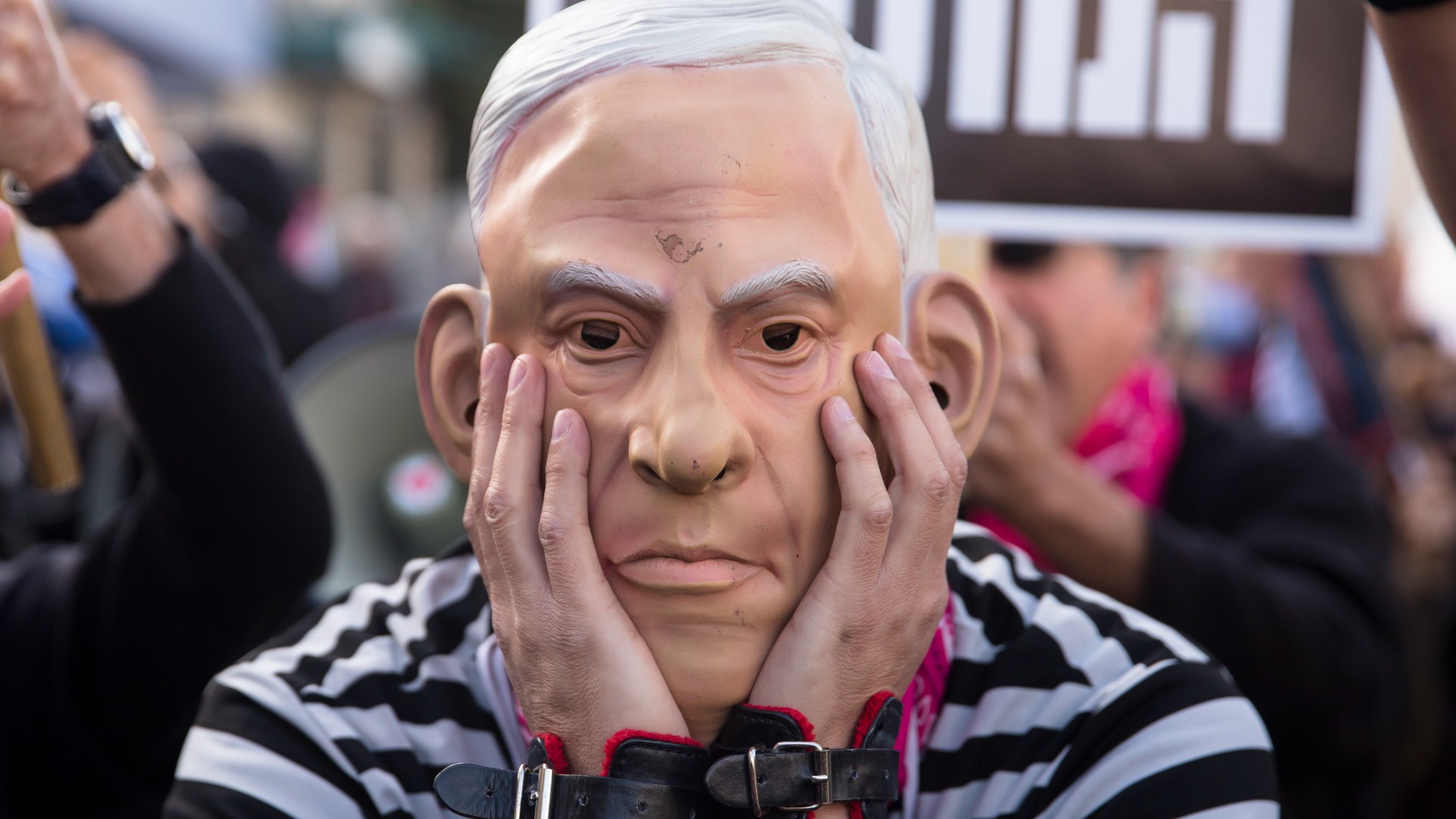 'Libel and lies': Benjamin Netanyahu's corruption trial
'Libel and lies': Benjamin Netanyahu's corruption trialThe Explainer Israeli PM takes the stand on charges his supporters say are cooked up by a 'liberal deep state'
-
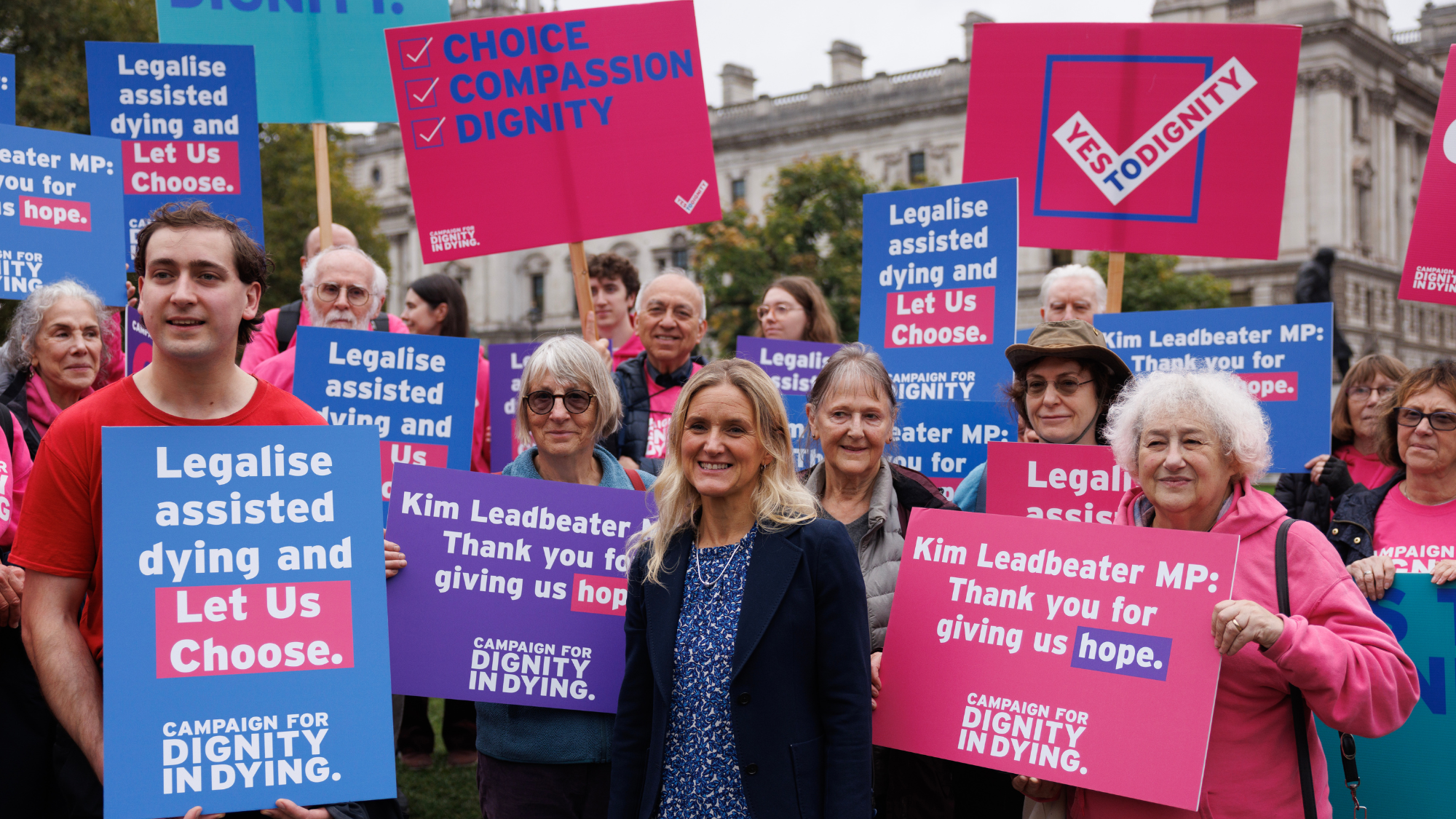 Assisted dying: what can we learn from other countries?
Assisted dying: what can we learn from other countries?The Explainer A look at the world's right to die laws as MPs debate Kim Leadbeater's proposed bill
-
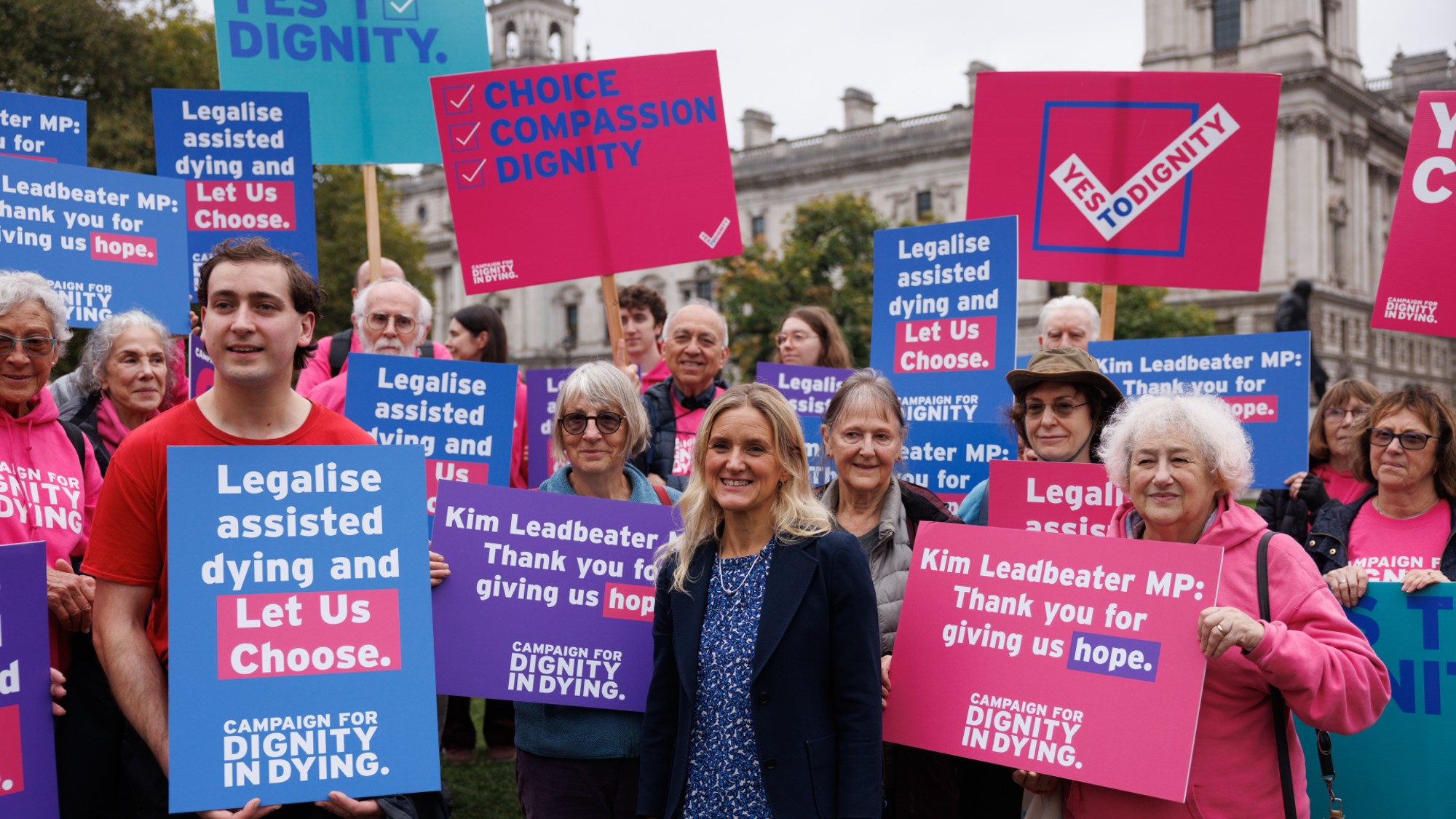 How would assisted dying work in the UK?
How would assisted dying work in the UK?The Explainer Proposed law would apply to patients in England and Wales with less than six months to live – but medics may be able to opt out
-
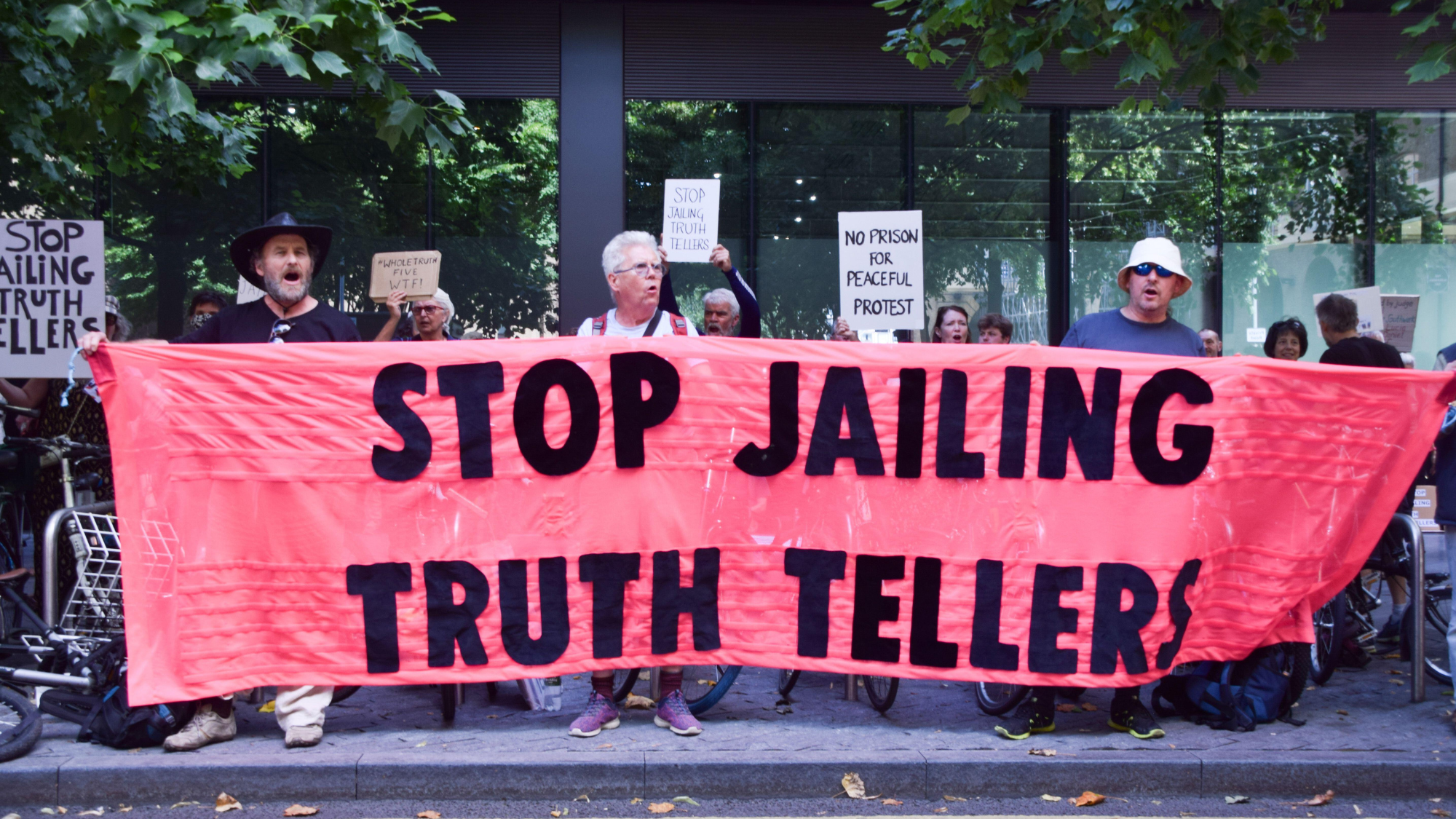 The Just Stop Oil five: 'fanatics' or victims of anti-protest authoritarianism?
The Just Stop Oil five: 'fanatics' or victims of anti-protest authoritarianism?In the Spotlight Climate protesters handed longest-ever prison sentences for peaceful protest